15 Best Foods For a Strong Heart: An Investigative Report
We cut through the noise to reveal the scientifically proven ingredients for cardiovascular health—and the popular "health foods" you should actually avoid.
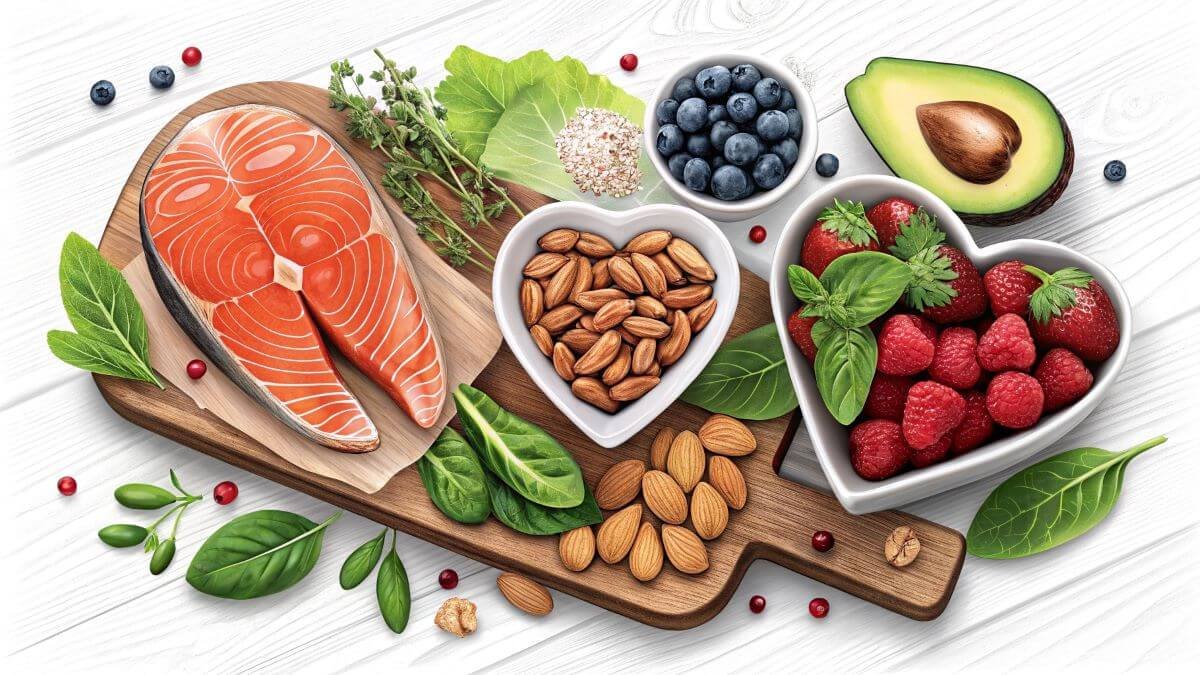
Heart disease killed 680,981 Americans in 2022, maintaining its grim status as the nation’s number one killer. [1] Despite this alarming statistic, more than half of U.S. adults don’t even know heart disease leads the cause-of-death rankings. [2]
The numbers get worse. Projections suggest at least 60% of American adults could face cardiovascular disease by 2050 according to the American Heart Association.
But here’s the thing that doesn’t make headlines = your food choices pack serious power to change these odds.
“What you eat matters more than most people realize,” says Dr. Frank Hu, professor of nutrition and epidemiology at Harvard T.H. Chan School of Public Health. “The right dietary pattern can reduce cardiovascular mortality by 10% to 67%.”
Beyond Single “Superfoods”
Forget chasing the latest superfood trend. Real heart protection comes from consistent dietary patterns, not miracle ingredients.
The Mediterranean diet remains the gold standard, backed by decades of research showing it significantly lowers heart failure risk, especially in women. [3]
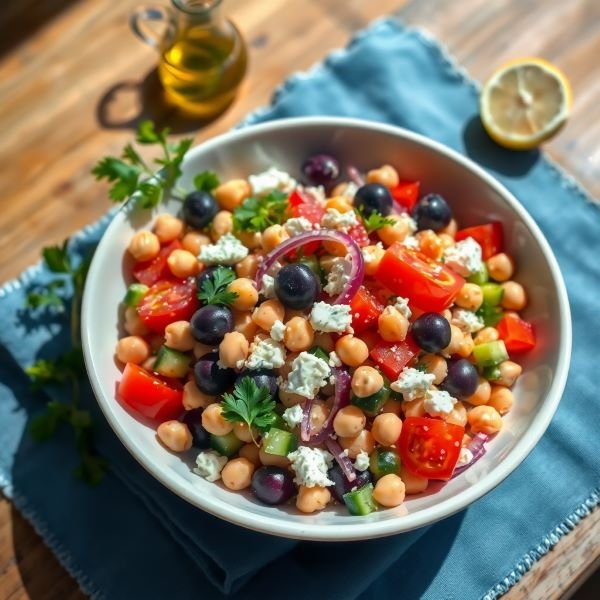
The core principles = focus on whole foods, healthy fats, fiber, and antioxidants. Multiple studies confirm that higher adherence to Mediterranean-style eating patterns reduces all-cause mortality by 23%. [4]
But which specific foods deliver the biggest bang? We analyzed the latest clinical trials and meta-analyses to identify the top 15 heart-protective foods.
“You don’t need to eat exotic ingredients,” notes Dr. Martha Gulati, director of preventive cardiology at Cedars-Sinai. “The most powerful heart foods are probably already in your grocery store.”
Top 15 Foods for a Strong Heart
A comprehensive guide to heart-healthy nutrition
1. Leafy Green Vegetables (Spinach, Kale, Collard Greens)
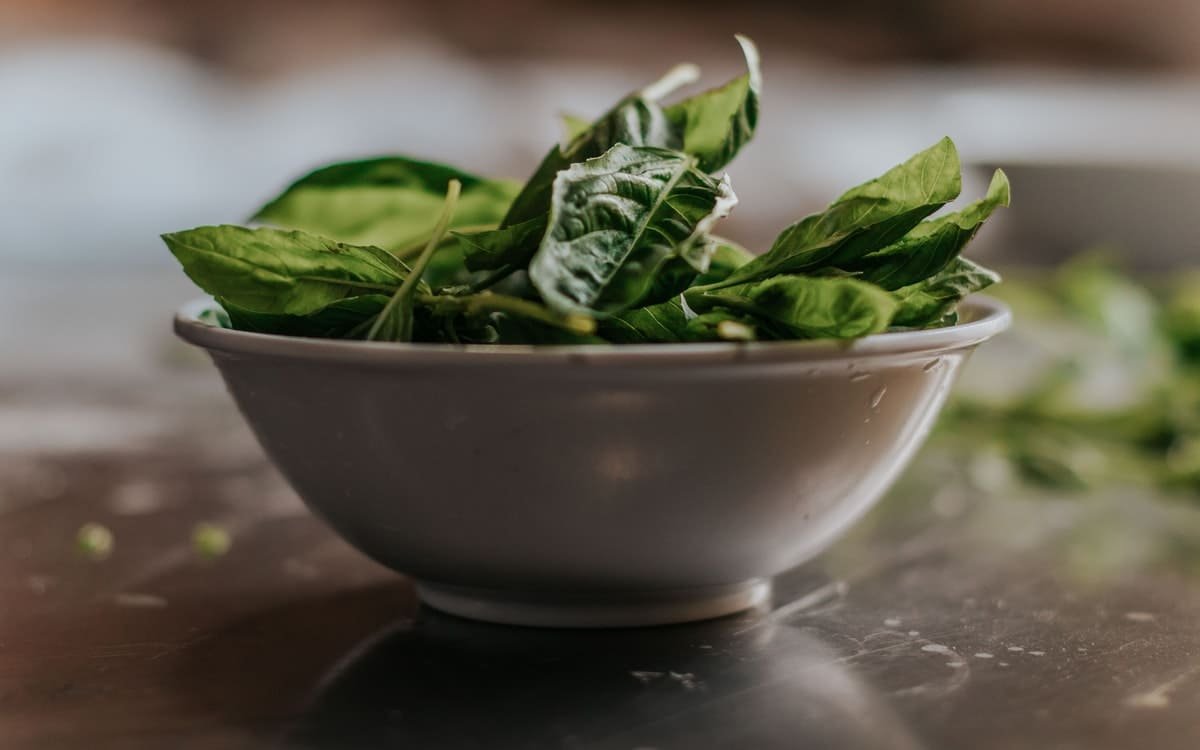
These nutrient powerhouses deliver vitamin K and nitrates that support vascular health. Research shows leafy greens help manage blood pressure through high levels of potassium and nitrates, which increase nitric oxide production = better blood flow. [5] Studies consistently link higher leafy green consumption with reduced cardiovascular disease risk. [6]
2. Berries (Blueberries, Strawberries, Raspberries)

Packed with anthocyanins and flavonoids, berries deliver serious cardiovascular protection. Clinical studies show berry consumers have a 30% lower heart disease mortality risk compared to non-consumers. [7]
The anthocyanins in blueberries specifically prevent cholesterol-induced atherosclerosis. [8]
Regular intake = improved blood pressure, better cholesterol levels, and reduced cardiovascular risk.
3. Fatty Fish (Salmon, Mackerel, Sardines)

The omega-3 fatty acid content in fatty fish provides remarkable heart protection. An omega-3 index above 8% = 90% less risk for sudden cardiac death compared to levels below 4%. [9]
Meta-analyses consistently show omega-3 fatty acids reduce cardiovascular mortality and improve overall heart outcomes. The EPA and DHA in fish oil lower triglycerides, increase HDL cholesterol, and decrease platelet aggregation. [10]
4. Whole Grains (Oats, Brown Rice, Quinoa)
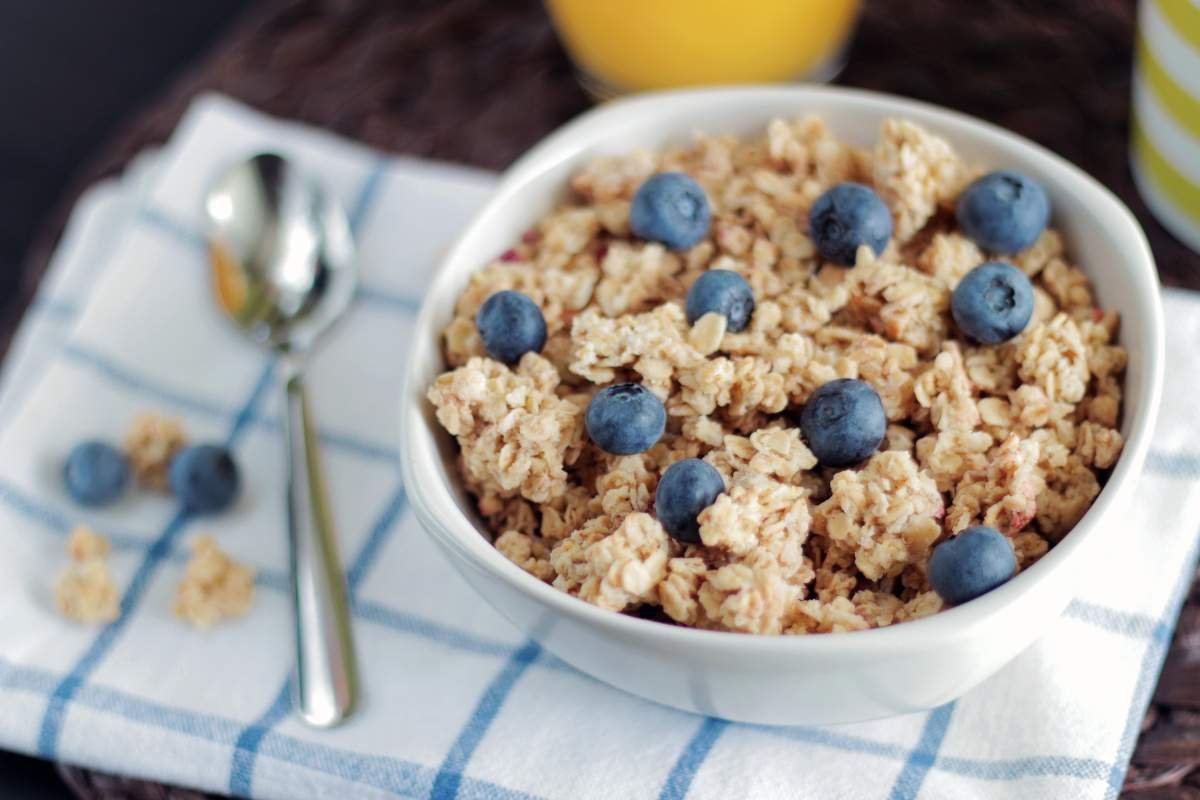
Whole grains provide soluble fiber that directly attacks cholesterol levels. Beta-glucan in oats specifically reduces LDL cholesterol absorption in the bloodstream. [11]
Studies show 5-10 grams of soluble fiber daily can decrease LDL cholesterol by approximately 5%. [12]
Whole grains also help control blood pressure and reduce diabetes risk = major cardiovascular benefits.
5. Avocados
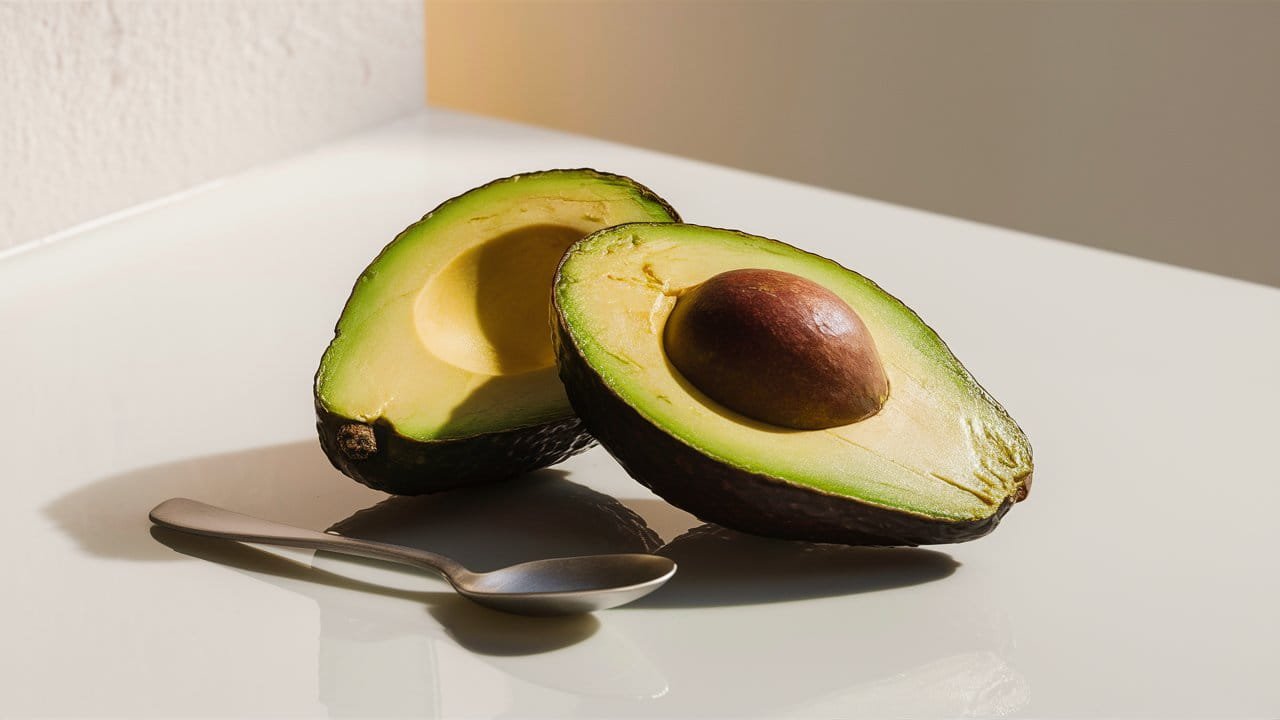
These fruits deliver monounsaturated fats that actively improve heart health markers. Research involving over 68,000 women and 41,000 men found eating two or more servings of avocado weekly = 16% lower cardiovascular disease risk and 21% lower coronary heart disease risk. [13]
One avocado daily decreased bad cholesterol by 13.5 mg/dL in controlled studies. [14] The monounsaturated fats help the body absorb fat-soluble vitamins too.
6. Nuts & Seeds (Walnuts, Almonds, Flaxseeds, Chia Seeds)
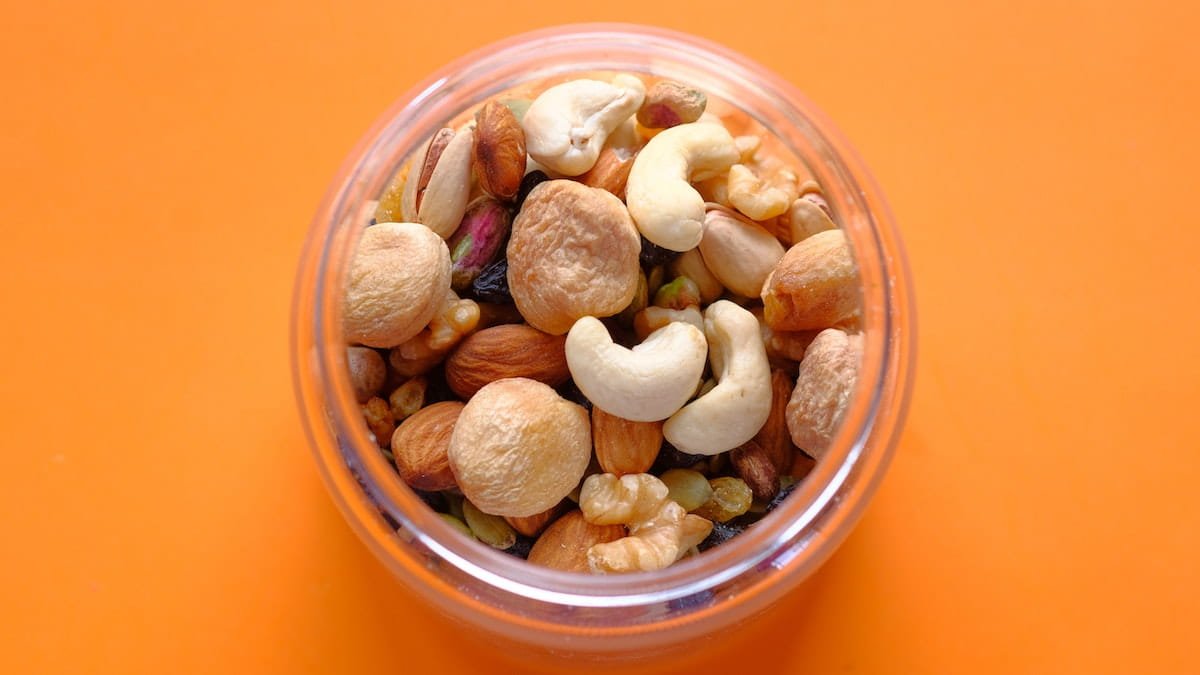
Tree nuts and seeds pack healthy fats, fiber, and plant sterols. Large-scale studies show people who eat nuts regularly have 35% reduced risk of coronary heart disease ScienceDirect. Nut consumption specifically links to lower risk of myocardial infarction, heart failure, and atrial fibrillation Heart BMJ. Just 1-4 servings per week = approximately 30% decrease in heart disease risk. The protein, fiber, and magnesium work together to support cardiovascular function.
7. Legumes (Beans, Lentils, Chickpeas)
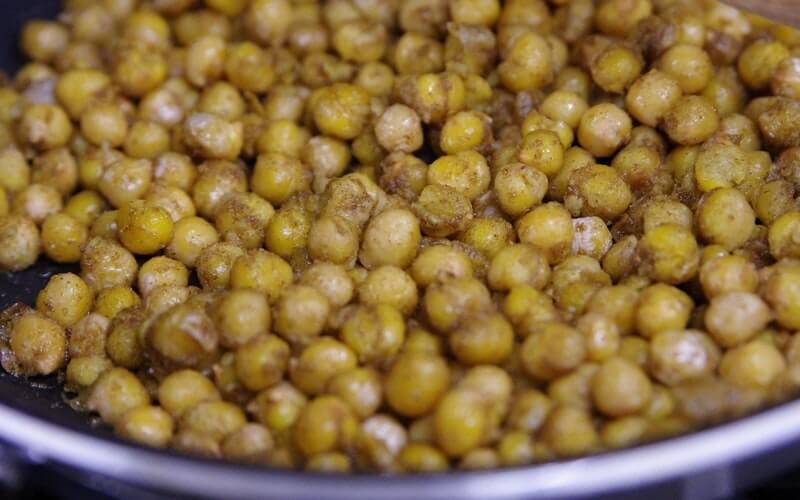
Plant-based protein sources with high soluble fiber content make legumes cardiovascular champions. The fiber binds cholesterol in the digestive system, preventing absorption. Studies show regular legume consumption correlates with lower blood pressure, improved cholesterol profiles, and reduced heart disease risk. The protein helps maintain healthy weight = another cardiovascular benefit. Legumes also provide folate, potassium, and magnesium that support heart rhythm and blood pressure regulation.
8. Dark Chocolate (70% Cocoa or Higher)

High-cocoa chocolate contains flavanols that support cardiovascular health through multiple mechanisms. The FDA recently approved a qualified health claim stating “cocoa flavanols in high flavanol cocoa powder may reduce the risk of cardiovascular disease” FDA. Flavanols support nitric oxide production = improved blood flow and lower blood pressure. Research shows dark chocolate intake significantly reduces essential hypertension risk Nature. The key = choose varieties with minimal added sugar.
9. Tomatoes

The lycopene in tomatoes provides powerful antioxidant protection for blood vessels. This carotenoid helps prevent LDL cholesterol oxidation = reduced atherosclerosis risk. Cooked tomatoes deliver higher bioavailable lycopene compared to raw. Population studies consistently link higher tomato consumption with lower cardiovascular disease rates. The potassium content also supports healthy blood pressure levels.
10. Garlic
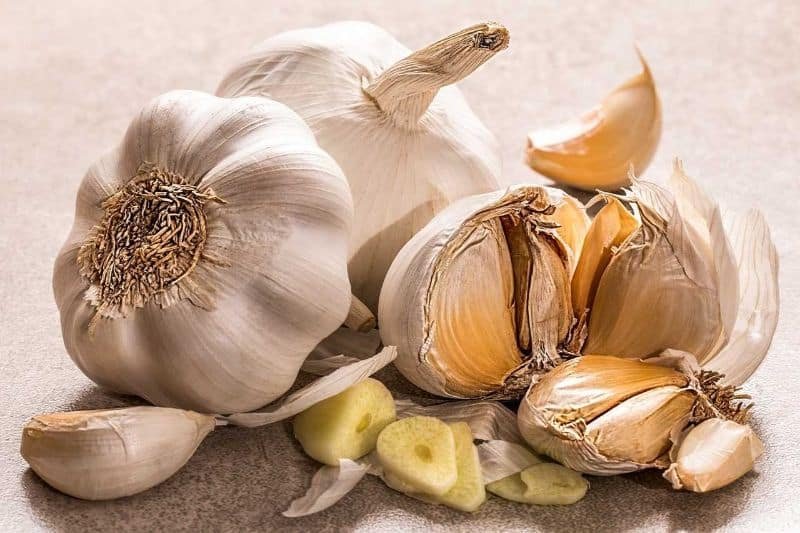
This pungent bulb contains compounds that may help lower blood pressure and improve cholesterol profiles. Studies suggest garlic supplements can reduce systolic blood pressure by 7-9 mmHg in people with hypertension. The sulfur compounds in garlic appear to support healthy blood vessel function and may have anti-inflammatory effects. Fresh garlic provides more active compounds than processed forms.
11. Olive Oil (Extra Virgin)
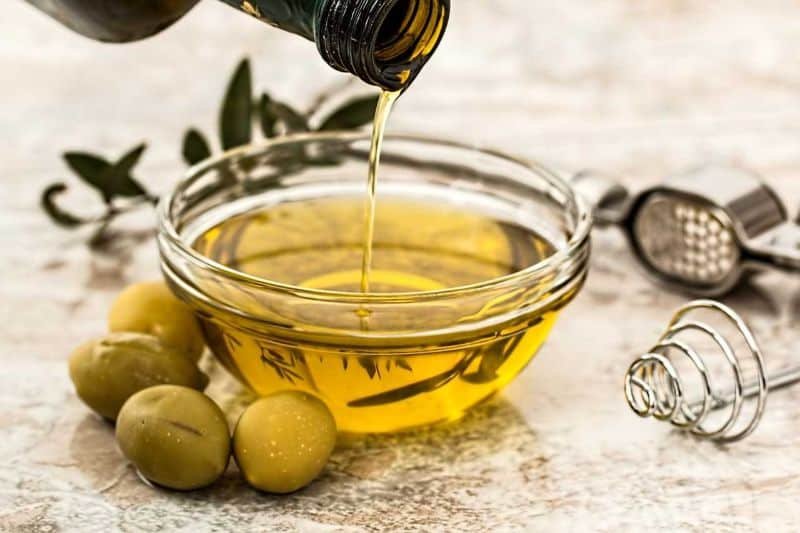
The monounsaturated fats and polyphenols in extra virgin olive oil deliver significant cardiovascular benefits. Mediterranean diet studies consistently show olive oil consumption = reduced heart disease risk. The antioxidants help prevent LDL cholesterol oxidation, while the healthy fats improve overall cholesterol ratios. Extra virgin varieties retain more beneficial compounds compared to refined versions. Use it for cooking and salad dressings.
12. Green Tea
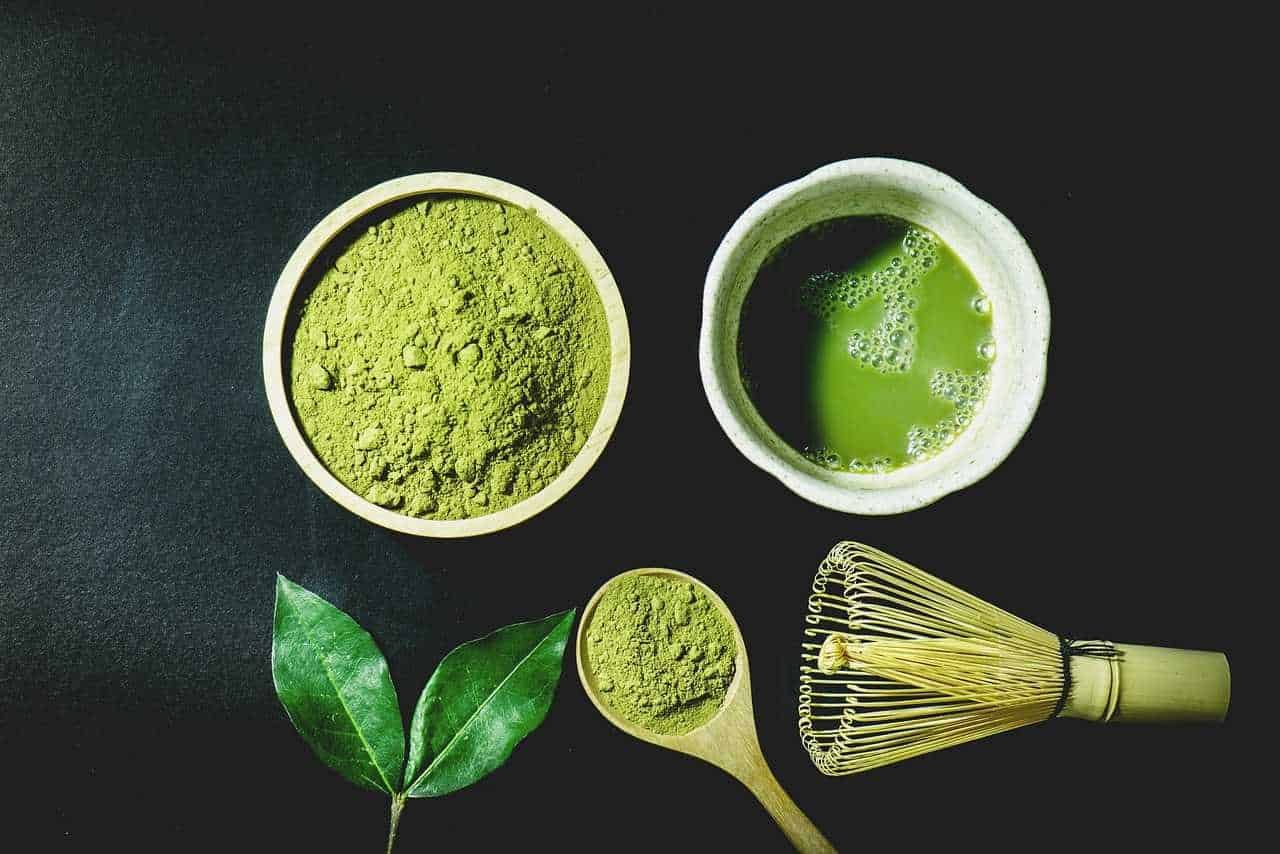
Rich in catechins and polyphenols, green tea provides antioxidant protection for the cardiovascular system. Studies show regular green tea consumption correlates with lower blood pressure and improved cholesterol levels. The EGCG (epigallocatechin gallate) in green tea may help prevent atherosclerosis development. Three to four cups daily appears optimal for heart benefits. Avoid adding sugar to maintain the protective effects.
13. Oranges and Other Citrus Fruits

Citrus fruits provide heart-healthy fiber, potassium, and flavonoids. The soluble fiber helps lower cholesterol, while potassium supports healthy blood pressure. Citrus flavonoids like hesperidin may improve blood vessel function and reduce inflammation. The vitamin C content supports collagen formation in blood vessel walls. Fresh whole fruits provide more benefits than juices due to higher fiber content.
14. Low-Fat Yogurt
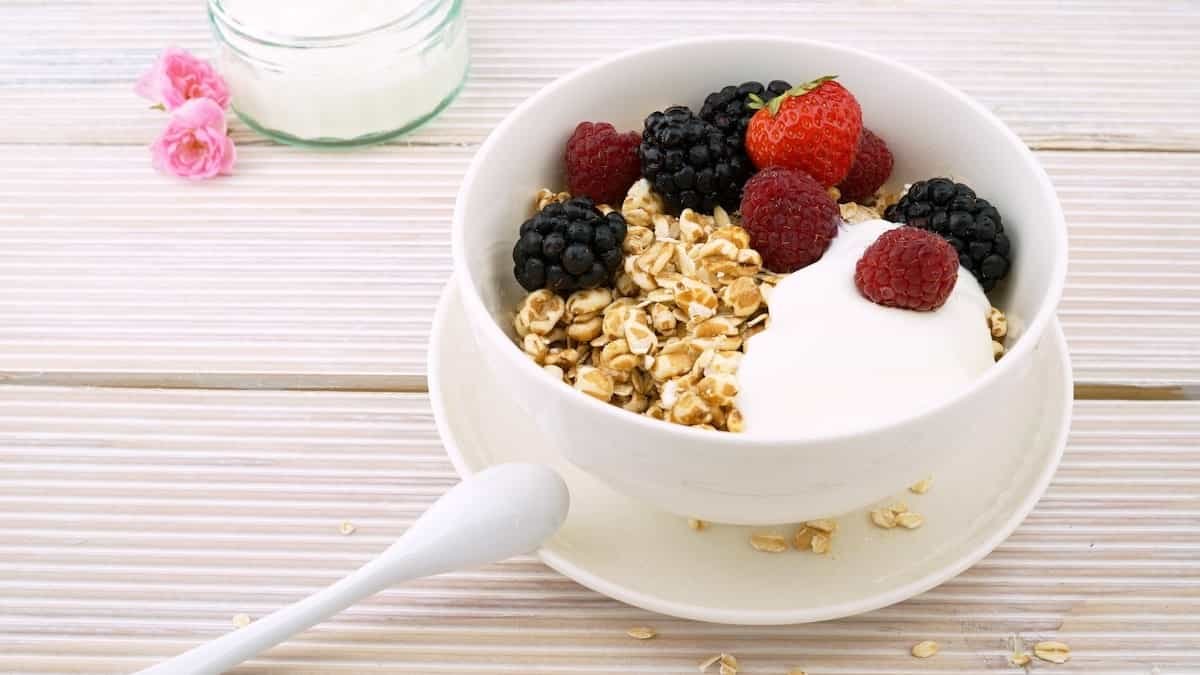
Plain yogurt delivers probiotics, protein, and potassium that support cardiovascular health. The probiotics may help lower blood pressure and improve cholesterol levels through gut microbiome effects. The protein helps maintain healthy weight, while potassium supports blood pressure regulation. Choose varieties without added sugars to avoid counteracting the benefits. Greek yogurt provides higher protein content.
15. Edamame (Soybeans)

These green soybeans provide soy protein and isoflavones with cardiovascular benefits. Soy protein can help lower LDL cholesterol levels, while isoflavones may improve blood vessel function. Studies show replacing animal protein with soy protein = improved cholesterol ratios. The fiber content supports digestive health and cholesterol management. Edamame also provides folate and magnesium for heart rhythm support.
The “Heart-Healthy” Imposters: Foods to Limit or Avoid
Not all foods marketed as healthy actually support cardiovascular health. Research reveals several categories that actively increase heart disease risk.
❌ Ultra-Processed Foods: The Hidden Heart Killers
Ultra-processed foods = formulations of ingredients extracted from foods rather than actual foods themselves Harvard Nutrition Source. These products undergo multiple processing steps using artificial colors, flavors, preservatives, and emulsifiers.
The cardiovascular impact? Devastating. Each daily serving of ultra-processed food links to a 7% increase in hard cardiovascular disease risk and 9% increase in coronary heart disease risk American College of Cardiology. Higher consumption = 62% increased risk of death from any cause compared to lower intake BMJ.
Common culprits include sugary drinks, packaged cookies, chips, breakfast cereals, frozen dinners, and processed meats. These foods contribute about 90% of added sugars in the American diet BMJ Open.
❌ Foods High in Saturated and Trans Fats
The American Heart Association recommends limiting saturated fats to less than 6% of total calories AHA. Major sources include fatty meats, full-fat dairy, butter, and certain tropical oils like palm and coconut oil.
Trans fats pose even greater danger. The Mayo Clinic calls them “the worst type of fat to eat” because they raise bad cholesterol while lowering good cholesterol Mayo Clinic. While partially hydrogenated oils = banned in the U.S., small amounts still exist in some commercial baked goods and fried foods.
❌ Sugary Drinks and Refined Carbohydrates
Sugar-sweetened beverages consistently link to increased obesity, diabetes, and heart disease risk Harvard Nutrition Source. The rapid glucose spikes damage blood vessels over time and contribute to insulin resistance.
“Does that mean I can never have a soda again?” The answer = moderation matters, but regular consumption actively harms cardiovascular health.
❌ Excessive Sodium: The Silent Pressure Builder
High sodium intake drives blood pressure up = increased heart disease and stroke risk. The average American consumes about 3,400 mg of sodium daily, far exceeding the recommended 2,300 mg limit AHA.
(Ed. note: For people with existing heart disease, the limit drops to 1,500 mg daily.)
Hidden sodium sources include processed foods, restaurant meals, canned soups, deli meats, and frozen dinners. Even foods that don’t taste salty can contain shocking amounts = bread, cereal, and cheese often pack significant sodium.
How to Easily Incorporate These Foods
Simple swaps make the biggest difference:
- Replace white bread with whole-grain versions
- Choose nuts instead of chips for snacking
- Add berries to breakfast cereals or yogurt
- Use olive oil instead of butter for cooking
- Swap sugary drinks for green tea or water
- Include fatty fish twice weekly
- Add avocado to salads and sandwiches
For breakfast, try steel-cut oats topped with berries and chopped walnuts. Lunch could feature a large spinach salad with grilled salmon, avocado, and olive oil dressing. Dinner might include lentil soup with whole-grain bread.
🫀 Heart-Healthy Daily Meal Plan
A scientifically-backed, nutritionally balanced day of eating designed to support cardiovascular health and overall wellness
Breakfast
7:00 – 9:00 AM
Lunch
12:00 – 2:00 PM
Dinner
6:00 – 8:00 PM
Healthy Snack
3:00 PM or 9:00 PM
💪 Daily Nutrition Highlights
🎯 Key Success Tips
This meal plan provides approximately 1,800-2,000 calories with optimal heart-healthy nutrients. Adjust portion sizes based on your individual needs. Stay hydrated with water and green tea throughout the day. Prepare meals in advance for busy weekdays. Remember: consistency matters more than perfection. Small daily choices compound into significant long-term cardiovascular health benefits.
Lifestyle Habits That Amplify Your Results
Diet alone won’t maximize heart health. Regular physical activity, stress management, and adequate sleep work synergistically with proper nutrition. The combination = far greater cardiovascular protection than any single intervention.
“Lifestyle is the beginning of everything we do to prevent heart disease and stroke,” according to American Heart Association guidelines AHA News.
Frequently Asked Questions
Your Heart, Your Choice
The evidence speaks clearly = your food choices dramatically influence cardiovascular health outcomes.
While genetics play a role, dietary patterns matter more for most people. The Mediterranean-style approach emphasizing whole foods, healthy fats, and minimal processing consistently delivers heart protection.
Start small. Add one serving of berries to breakfast this week. Replace chips with nuts for snacking. Choose salmon over fried chicken for dinner. These incremental changes compound over time = significant cardiovascular benefits.
The 15 foods highlighted here aren’t exotic superfoods requiring special sourcing. They’re accessible, affordable ingredients available in most grocery stores. The power lies not in any single food but in the consistent pattern of choosing whole, minimally processed options.
Your heart beats about 100,000 times daily, pumping 2,000 gallons of blood through 60,000 miles of blood vessels. Give it the fuel it deserves.
Share this article with a loved one to help them on their journey to a healthier heart.
References available upon request. This article is for informational purposes only and should not replace professional medical advice. Consult your healthcare provider before making significant dietary changes.
